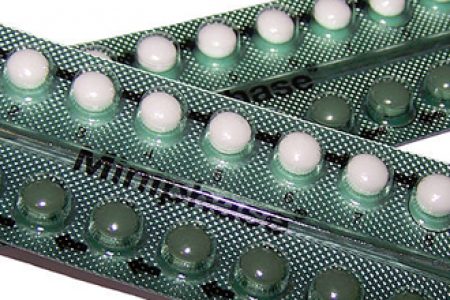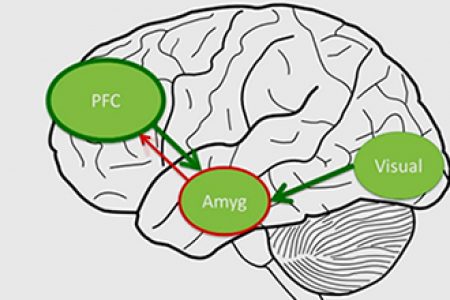A crazy little thing: Cold love
A fresh start to a new year. Some take it literally and take a dive in the chilling ocean. For most, the thought sends a shiver down the spine. But taking that plunge might not be a bad idea. Should exposing yourself to cold be one of your resolutions?
Hot topic
Cold is a hot topic. More and more people, young and old, are taking part in the hype of challenging the elements. Cold showers, ice bucket challenges, even swimming outside in winter, you name it. Exposure to cold supposedly increases one’s resistance to cold, helps with weight loss, and more. Which of these claims, if any, can be backed up by science?
Cranking up the heat to lose weight
Exposure to cold may have an indirect effect on weight loss by activating brown fat and increasing the quantities of beige fat through norepinephrine release. In brief, our fat tissue consists of multiple types:
1. White fat, tissue whose main function is to store energy for later.
2. Brown fat, tissue that produces heat by metabolizing white fat. Brown fat quantities decrease with age.
3. Beige fat, a tissue with the properties of brown fat that develops in white fat under exposure to cold.
Brown fat activation might be influenced by exposing ourselves to the cold. In an experiment in which participants wore cooling body suits (16°C) for six hours a day over a ten-day period, increased brown fat activation and a higher resting metabolism were observed.
In addition, cold exposure increases amounts of beige fat. One could say we can ‘crank up the heat’ by activating both brown and beige fat under cold, expediting weight loss by metabolizing white fat in order to keep us warm. In a way, when activating brown fat tissue through cold exposure, you are quite literally ‘freezing your ass off’.
Flexing your ‘self-control muscle’
On another note, forcing yourself to do something with positive consequences in the long term, but negative consequences in the short term, is a good exercise in self-control. If you can convince yourself to take a cold shower, convincing yourself to start studying early for your upcoming exam or to start exercising again may seem less difficult in comparison.
And many other claims...
The internet is full of blogs and countless health websites describing the many other supposed benefits of taking cold showers that I will not go into detail here, such as increased cardiovascular functioning, better skin, reduced stress, increased emotional resilience, and/or increased testosterone levels; it is even advocated as a treatment for depression. None of these claims can be backed with (consistent) scientific evidence, and I would not expect them to actually hold.
Stepping out of the comfort zone
Given the conflicting evidence I had read, I decided to give cold showers a try myself (N = 1). I have been taking a minute-long cold shower after my hot shower for a few months now and have had really positive experiences. I was very skeptical at first, and my initial reluctance to turn the shower knob from a ‘comfortable-summer-day left’ all the way to the dreaded ‘tundra-in-winter right’ was admittedly high (I chickened out the first few times). However, it got easier over time. The surge of energy in the morning and the warm glow I experienced after getting out of the cold shower (my house feels surprisingly hot, probably by contrast) wake me up better than my previous morning cup(s) of black coffee ever did. My experiment was a success.
Try-at-home message
Although it is officially rather late for an addition to your New Year’s Resolutions, I really encourage you to increase my small sample size and add a challenge for 2017: train your self-control, take a cold shower!





